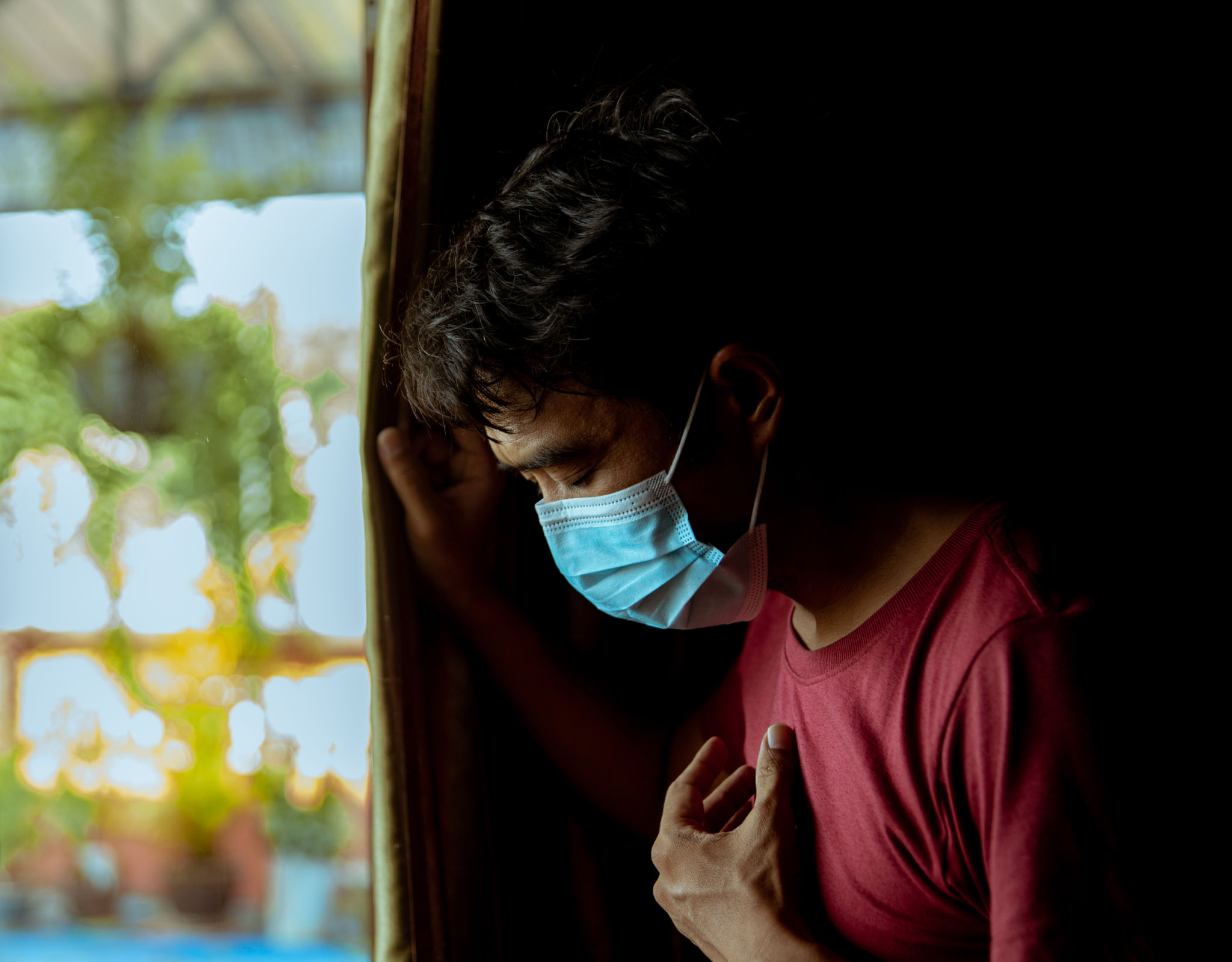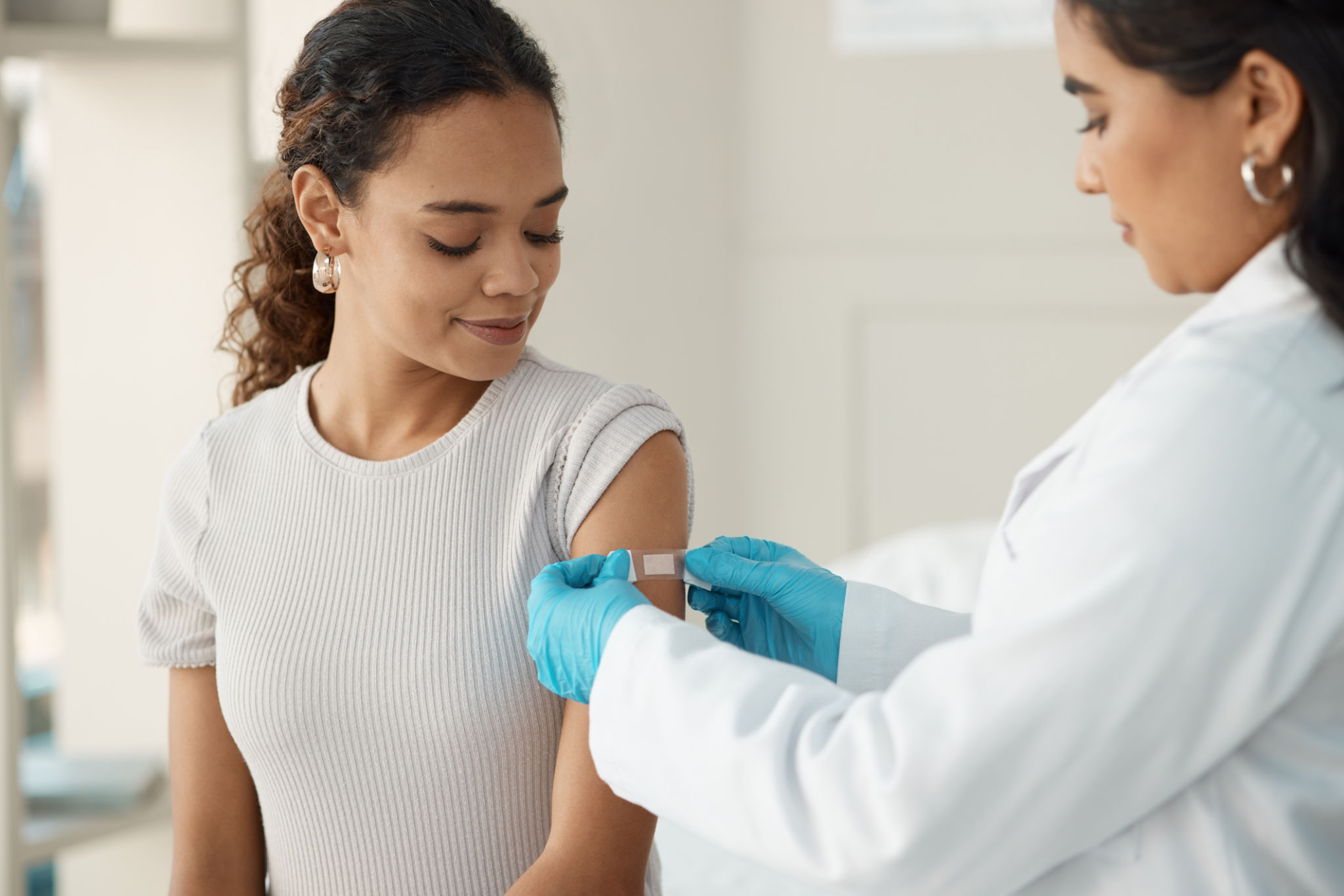Debunking Myths About Long Covid and Vaccine Injuries
Understanding Long Covid
Long Covid, also known as post-acute sequelae of SARS-CoV-2 infection (PASC), has become a topic of concern and confusion. This condition refers to a range of symptoms that persist for weeks or months following the initial recovery from Covid-19. While many are aware of its existence, several myths continue to circulate, leading to misunderstandings about its impact and management.
One common myth is that Long Covid only affects those with severe initial infections. However, research shows that even individuals with mild or asymptomatic Covid-19 can experience lingering symptoms. Fatigue, brain fog, and respiratory issues are among the most reported symptoms of Long Covid.

The Role of Vaccines in Preventing Long Covid
Vaccines have been pivotal in reducing the severity of Covid-19 cases, but their role in preventing Long Covid is often misunderstood. A prevalent misconception is that vaccines can cause Long Covid-like symptoms. In reality, vaccines help reduce the risk of developing Long Covid by preventing severe Covid-19 cases in the first place.
Studies indicate that vaccinated individuals have a significantly lower chance of experiencing prolonged symptoms after a Covid-19 infection. This highlights the importance of vaccination not just for immediate protection but also for long-term health benefits.
Unpacking Vaccine Injury Myths
While vaccines are a crucial tool in combating pandemics, myths about vaccine injuries can deter individuals from getting vaccinated. One persistent myth is that vaccine injuries are common and severe. In truth, serious vaccine-related injuries are extremely rare.

The most common side effects from vaccines are mild and temporary, such as a sore arm, fatigue, or low-grade fever. Adverse events are monitored through rigorous safety systems to ensure public health. The benefits of vaccination far outweigh the rare risks of adverse effects.
Addressing Concerns and Providing Reassurance
To address vaccine injury concerns, it's important to rely on credible sources and scientific evidence. Health organizations worldwide continuously review data to ensure vaccines' safety and effectiveness. This transparency is crucial in building public trust and dispelling myths.
- Vaccines undergo extensive testing before approval.
- Ongoing monitoring ensures continuous safety evaluations.
- Public health bodies provide updated guidance based on new evidence.

Moving Forward with Informed Decisions
In navigating the complex landscape of Long Covid and vaccine-related concerns, informed decision-making is key. Dispelling myths requires a commitment to understanding the facts and relying on trusted health professionals for guidance.
As we continue to learn more about Long Covid and refine our vaccination strategies, staying updated with accurate information will empower individuals to make choices that enhance their health and well-being. Encouraging open dialogue and addressing misconceptions can foster a more informed and healthier community.